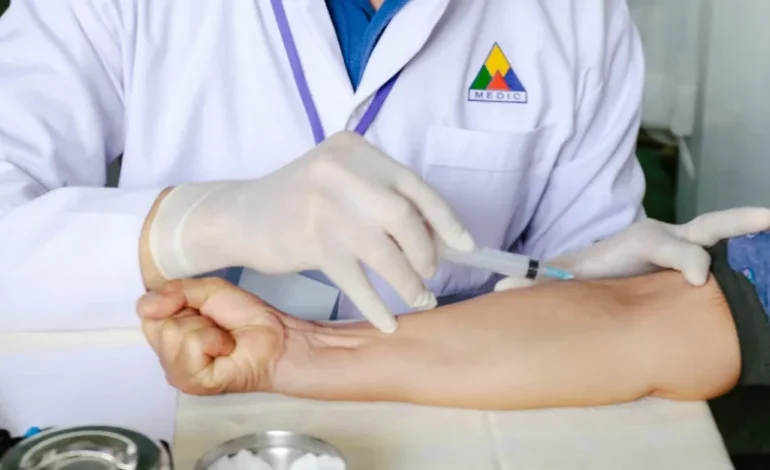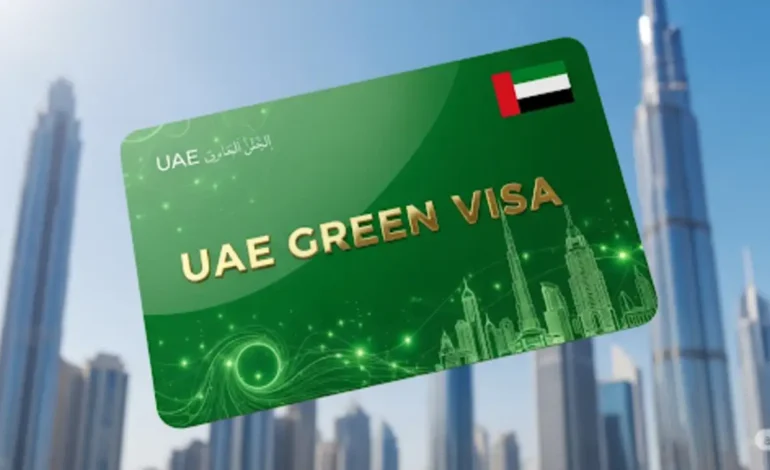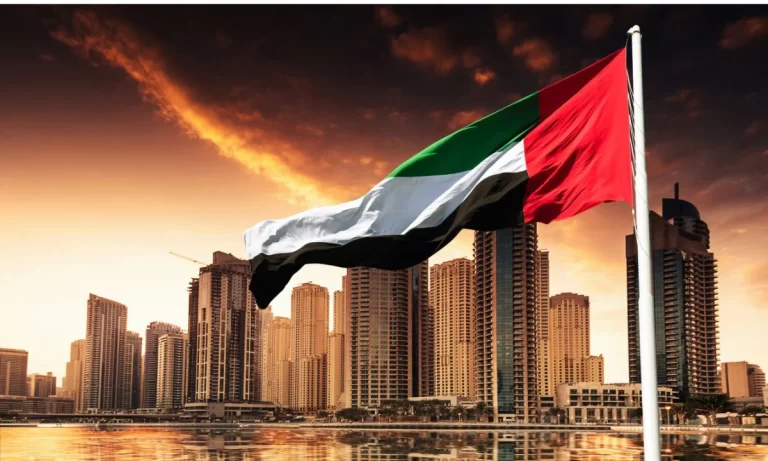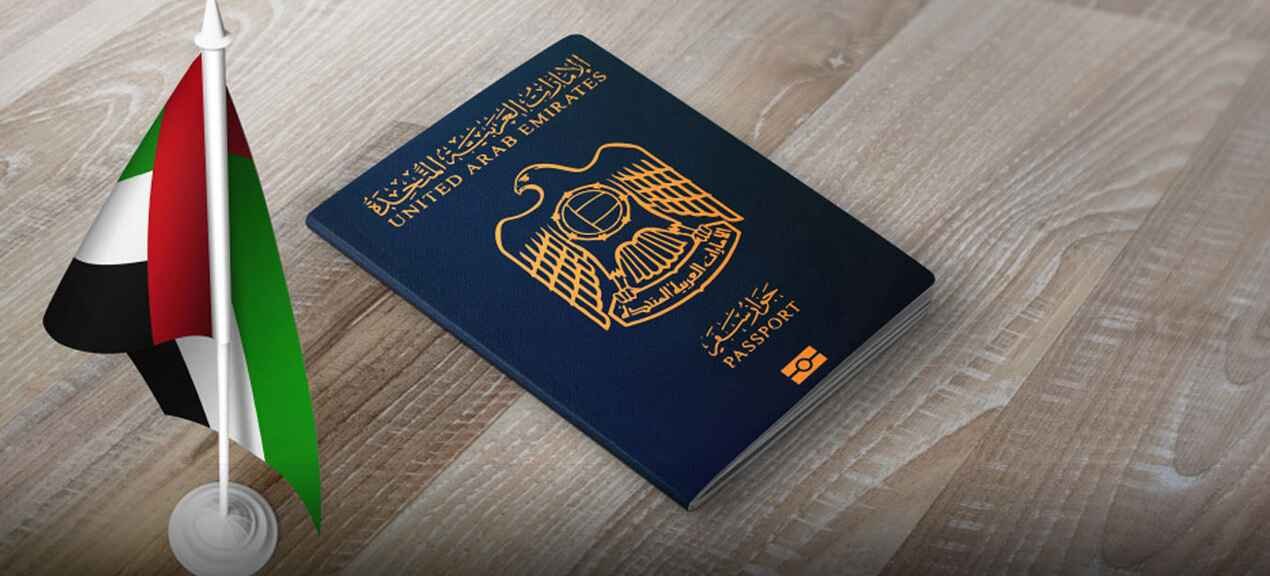The UAE has emerged as one of the world’s leading medical tourism destinations, attracting over 500,000 international patients annually. With Dubai and Abu Dhabi hosting world-class hospitals equipped with cutting-edge technology and internationally trained specialists, the country offers exceptional healthcare options for patients seeking treatment abroad.
The UAE’s Medical Treatment Visa provides a streamlined pathway for international patients to access this high-quality healthcare system. Whether you need specialized cardiac surgery, advanced cancer treatment, or complex orthopedic procedures, understanding the visa requirements can make your medical journey smoother and less stressful.
This comprehensive guide walks you through everything you need to know about obtaining a Medical Treatment Visa in 2025, from eligibility requirements to application steps, costs, and common challenges to avoid.
What is a Medical Treatment Visa?
A Medical Treatment Visa is a specialized short-term entry permit designed specifically for foreign patients seeking medical care in the UAE. Unlike tourist or business visas, this visa category recognizes the unique needs of medical travelers and provides appropriate support for their healthcare journey.
The visa operates under the sponsorship of licensed UAE hospitals and medical centers, creating a direct partnership between healthcare providers and immigration authorities. This system ensures that patients receive proper support throughout their treatment while maintaining compliance with UAE regulations.
What makes this visa particularly valuable is its flexibility for medical situations. The visa can accommodate both planned procedures and emergency treatments, with processing times prioritized to address medical urgency. The system also recognizes that medical treatment often requires extended stays and provides mechanisms for extensions when treatment plans change.
The visa covers not just the patient but can also include escort visas for family members or attendants who need to accompany the patient. This comprehensive approach acknowledges that medical treatment often requires emotional and practical support from loved ones.
Unlike general visitor visas, Medical Treatment Visas come with specific protections and considerations that recognize the vulnerable nature of patients seeking care abroad. This includes expedited processing, flexible extension options, and coordination with healthcare providers to ensure seamless care delivery.
Eligibility and Requirements (2025)
Meeting the eligibility criteria for a UAE Medical Treatment Visa requires careful preparation and coordination with your chosen healthcare provider. The requirements are designed to ensure genuine medical need while facilitating smooth entry for legitimate patients.
Hospital Invitation Letter represents the cornerstone requirement. You must have a formal invitation or appointment confirmation from a licensed UAE hospital or medical center. This document serves as your sponsorship and must clearly state your medical condition, proposed treatment, expected duration, and estimated costs.
Valid Passport with at least six months of remaining validity is mandatory. Your passport should have blank pages for visa stamps and must be in good condition. Damaged or nearly expired passports will delay processing significantly.
Medical Documentation forms a critical component of your application. You need comprehensive medical reports from your home country detailing your diagnosis, treatment history, and referral reasons. These documents must be recent, typically within 30-90 days of application, and include clear explanations of why treatment in the UAE is necessary.
Recent Photographs meeting UAE specifications are required. These should be passport-sized, colored, with white background, and taken within the last six months. Many applicants overlook photo requirements, leading to processing delays.
Financial Proof demonstrates your ability to cover treatment costs and living expenses during your stay. This includes bank statements, insurance coverage documentation, or letter of financial guarantee from sponsors. UAE authorities need assurance that you won’t become a financial burden on the healthcare system.
Travel Insurance covering medical treatment and emergency evacuation is increasingly required. Many UAE hospitals also mandate comprehensive insurance that covers potential complications or extended treatment needs.
The 2025 updates have simplified some documentation requirements while strengthening verification processes. Digital submission of medical records is now accepted from accredited international hospitals, reducing paperwork burdens for patients dealing with serious health conditions.
Application Process
The Medical Treatment Visa application process is designed to be more responsive than standard visa categories, recognizing the time-sensitive nature of medical care. Understanding each step helps ensure smooth processing during what can be a stressful time.
Step 1: Hospital Coordination and Sponsorship
Your chosen UAE medical facility initiates the process by submitting sponsorship documentation through official channels. The hospital’s international patient services team typically handles this step, working directly with immigration authorities. Choose hospitals with established medical tourism programs for smoother processing.
Step 2: Document Preparation and Submission
While your hospital manages the sponsorship application, you’ll need to prepare your supporting documents. Ensure all medical records are translated into English or Arabic by certified translators. Attestation requirements vary by country, so check specific requirements for your nationality.
Step 3: Application Processing Through Official Channels
Dubai applications process through GDRFA (General Directorate of Residency and Foreigners Affairs), while other emirates use ICA (Immigration and Checkpoints Authority) systems. Your hospital typically manages this submission, but you’ll need to provide all required documents promptly.
Step 4: Entry Permit Issuance
Upon approval, you’ll receive an entry permit valid for 60 days from the issue date. This permit allows you to travel to the UAE and present yourself to immigration authorities. Keep digital and physical copies accessible during travel.
Step 5: Arrival and Treatment Commencement
After arrival, your hospital will typically assist with any additional immigration formalities. If your treatment requires longer than 60 days, extension applications should begin before your current permit expires.
The entire process typically completes within 2-5 business days, significantly faster than most visa categories. Emergency medical situations may receive even expedited processing with proper documentation of urgency.
Medical Treatment Visa Fees (2025)
Understanding the complete cost structure helps patients budget appropriately for their medical journey. Fees vary slightly between emirates but remain generally consistent across the UAE.
| Visa Component | Cost (AED) | Validity Period | Notes |
|---|---|---|---|
| Medical Treatment Visa | 300-500 | 60 days | Single entry |
| Medical Escort Visa | 300-500 | 60 days | For accompanying relatives |
| First Extension | 500-700 | Additional 60 days | Requires hospital request |
| Subsequent Extensions | 600-800 | Additional 60 days | Maximum 3 extensions typically |
| Express Processing | 200-400 additional | Same | 24-48 hour processing |
Additional Costs often include document attestation fees, translation services, and medical insurance premiums. Budget an extra AED 1,000-2,000 for these ancillary expenses, particularly if you need multiple document translations or specialized insurance coverage.
Hospital Service Fees for visa processing assistance typically range from AED 500-1,500, depending on the complexity of your case and level of support provided. Many international patient programs include visa assistance in their service packages.
Multiple Entry Options are available for patients requiring ongoing treatment cycles, such as cancer therapy or chronic condition management. These visas cost slightly more but provide greater flexibility for patients with long-term treatment plans.
The UAE government has intentionally kept medical visa fees lower than tourist visas to encourage medical tourism and ensure cost doesn’t become a barrier for patients seeking necessary care.
Benefits of Medical Visa
Medical Treatment Visas offer several advantages specifically designed to support patients during their healthcare journey in the UAE.
Expedited Processing ensures that urgent medical needs receive priority attention. While tourist visas might take weeks to process, medical visas typically approve within days, recognizing that health conditions often don’t allow for extended waiting periods.
Flexible Extension Options accommodate the unpredictable nature of medical treatment. If your condition requires longer treatment than initially planned, extensions are generally granted readily with hospital support, removing stress about visa status during recovery.
Family Support Provisions through escort visas allow loved ones to accompany patients during treatment. This emotional support often proves crucial for recovery, and the visa system recognizes this need by facilitating family presence during medical care.
Legal Protection for medical treatment ensures you can receive care without immigration concerns. The visa specifically authorizes medical treatment and provides protections that general tourist visas don’t offer for extended healthcare situations.
Access to World-Class Healthcare becomes legally straightforward with proper visa status. You can focus on treatment rather than worrying about documentation or legal compliance, allowing better concentration on recovery.
Emergency Provisions exist for urgent medical situations where standard processing times would endanger patient health. UAE authorities can expedite applications in genuine emergency situations with proper medical documentation.
Common Rejection Reasons
Understanding common rejection patterns helps patients avoid delays that could impact critical treatment timing.
Missing Hospital Sponsorship represents the most frequent rejection cause. Attempting to apply independently or using unauthorized medical facilities virtually guarantees rejection. Always ensure your chosen facility has proper licensing and international patient services.
Insufficient Medical Documentation causes significant numbers of rejections. Generic medical reports, outdated documentation, or unclear diagnosis statements often trigger rejections. Your medical records should clearly explain why UAE treatment is necessary and what specific procedures are planned.
Inadequate Financial Proof raises concerns about your ability to pay for treatment. UAE authorities want assurance you won’t abandon treatment due to financial constraints or become a burden on the healthcare system. Provide comprehensive financial documentation that clearly shows treatment affordability.
Document Authentication Issues create problems when attestation doesn’t follow proper channels for your country. Each nation has specific requirements for document verification, and shortcuts often result in rejection and reprocessing delays.
Insurance Coverage Gaps increasingly trigger rejections as UAE authorities emphasize comprehensive coverage. Your insurance should cover not just basic treatment but potential complications, extended stays, and emergency evacuation if needed.
Previous Immigration Violations in the UAE or other countries can impact approval chances. Medical visas receive more flexibility than other categories, but serious immigration violations still create obstacles that require additional documentation.
FAQs – UAE Medical Visa 2025
Can I apply directly without hospital sponsorship?
No, hospital sponsorship is mandatory for Medical Treatment Visas. The sponsoring hospital must be licensed in the UAE and have authorization to sponsor international patients. Independent applications are not accepted.
Can family members accompany me?
Yes, relatives can obtain Medical Escort Visas to accompany patients. Typically, one or two escort visas are approved per patient, depending on the medical situation and patient needs. Spouses and adult children most commonly qualify as escorts.
What if my treatment takes longer than expected?
Extensions are possible with hospital support and proper medical justification. Most patients can receive 2-3 extensions of 60 days each, depending on treatment complexity and medical necessity. Start extension applications before your current visa expires.
Is medical insurance mandatory?
Yes, comprehensive medical insurance is required. This should cover not just your planned treatment but potential complications, emergency care, and medical evacuation. Many UAE hospitals can assist with appropriate insurance selection.
Can I receive treatment at multiple hospitals?
Your visa is typically tied to your sponsoring hospital, but referrals to other facilities are possible with proper coordination. If you need treatment at multiple locations, inform your primary sponsoring hospital to ensure proper documentation.
What happens in medical emergencies?
Emergency processing is available for urgent medical situations. Contact your nearest UAE consulate or embassy with emergency medical documentation. UAE authorities can expedite processing when patient safety is at risk.
Conclusion
The UAE Medical Treatment Visa system reflects the country’s commitment to becoming a global healthcare destination while supporting international patients during vulnerable times. With streamlined processing, flexible extension options, and comprehensive support for patients and families, the system removes bureaucratic barriers from your focus on health and recovery.
Success requires careful coordination with your chosen UAE medical facility, thorough documentation preparation, and realistic planning for potential treatment extensions. The investment in proper visa preparation pays dividends through peace of mind and legal certainty during your medical journey.
Start your medical visa process early by connecting with internationally accredited UAE hospitals, preparing comprehensive medical documentation, and ensuring adequate insurance coverage. The UAE’s world-class healthcare system awaits, supported by a visa process designed to prioritize your health and recovery needs.
Whether you’re seeking specialized treatment unavailable in your home country or choosing the UAE for its exceptional medical expertise, proper visa preparation ensures your focus remains where it should be – on healing and recovery. Take the first step by contacting your preferred UAE medical facility’s international patient services team to begin your visa application process.







